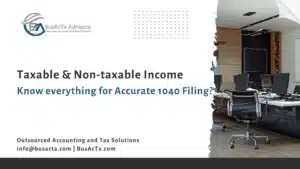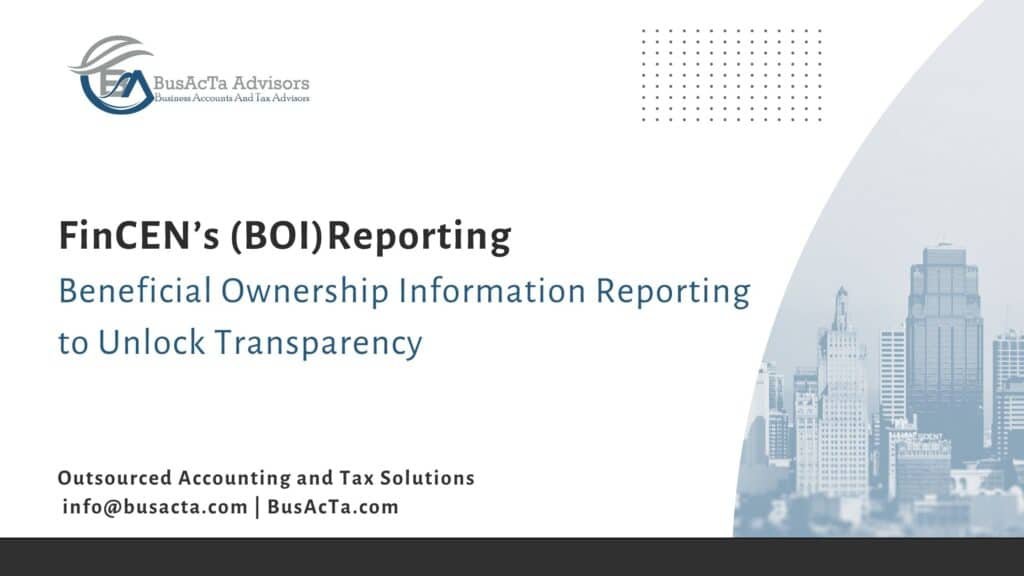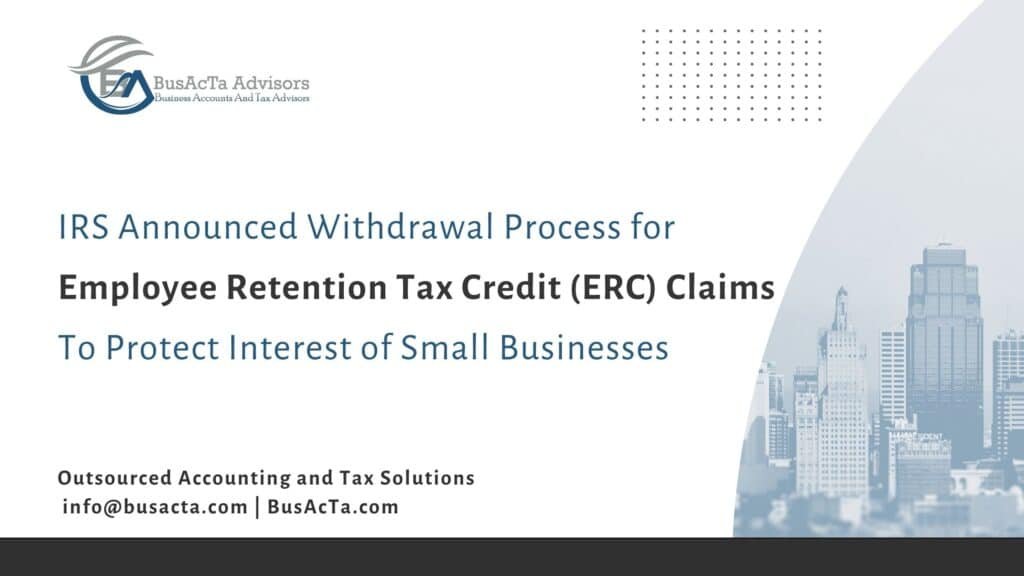Virtual Currency Taxation
The digital age has changed not only how we talk to each other and do business but also how we see and use money. Virtual currency was something only tech fans were interested in, but now it’s become so popular that investors, businesses, and government agencies are all interested in it. That’s why it is very important to know Virtual Currency Taxation.
What is Virtual Currency?
A virtual currency is one that is exclusively available electronically. It is an online transaction currency rather than actual money like banknotes or coins. Even government agencies are now using virtual money, as it has grown in popularity recently.
Taxation of Virtual Currency Transactions
The IRS treats virtual currency like property, which is at the heart of how they handle it. This means that the same general tax rules that apply to buying and selling real estate or stocks now also apply to virtual currency transactions.
How do you calculate the capital gain on the sale of virtual currency?
When executing transactions with virtual currencies, you must calculate capital gains, just like when selling stocks or real estate. Capital Gains will be calculated by subtracting the basis of virtual currency from the fair market value of virtual currency.
- Adjusted Basis of Virtual Currency (also known as your “cost basis”): It’s the cost of getting the virtual currency. It includes the purchase price, fees, and any other costs associated with acquiring the currency.
- The fair market value of virtual currency: It refers to the price the currency sells for on the open market.
For example, you bought one Bitcoin for $10,000 and had to pay $100 in fees to get it. Your basis would be $10,100. If you sell the same Bitcoin for $11,000, that amount will be its fair market value. You have to report a capital gain of $900 ($11,000–$10,100) on your tax return for this sale, and this gain would be subject to the same tax rates as gains on selling stocks or real estate.
How will short- and long-term capital gains be determined?
If you hold the virtual currency for less than one year, you will have a short-term capital gain or loss on the sale or exchange of such virtual currency. If you hold the virtual currency for more than one year before selling or exchanging it, you will have a long-term capital gain or loss. The period during which you hold the virtual currency (known as the “holding period”) begins on the day after you acquire the virtual currency and ends on the day you sell or exchange the virtual currency.
Taxable Events with Virtual Currency
Taxes are due on a lot of everyday transactions that use virtual currency. Those transactions are broken down below:
1. Receiving for Selling Services or Goods: If you received virtual currency as payment for freelance work or other services, the fair market value of the virtual currency at the time of receipt would be included in the gross receipt for selling goods or services. Further, that amount will become the Adjusted Basis of the virtual currency received.
For example, if you receive 1 Bitcoin as payment for a freelance project and the value of the bitcoin is $10,000, you would need to report $10,000 as income and use that value as the basis of the virtual currency received while selling it in the future.
2. Payment for Buying Goods or Services: When you buy any goods or services on virtual currency payment, the capital gain is equal to the virtual currency’s fair market value at the time of purchase.
If you buy capital assets using virtual currency, the fair market value of that virtual currency will be used to determine your capital gain. You could deduct the fair market value of the virtual currency as business expenses while calculating net income for the business if you paid those expenses using virtual currency.
For instance, If you used virtual currency to purchase a laptop for your company, the laptop’s basis would be the fair market value of the virtual currency determined at the time of purchase.
3. Swapping Coins: Swapping virtual currency refers to exchanging one type of cryptocurrency for another. It is considered a sale and repurchase. The fair market value of the virtual currency received will be considered when calculating capital gains. The same amount will become the tax basis of the currency received in exchange.
Suppose you exchange Bitcoin for Ethereum. To calculate capital gains, the fair market value of the Ethereum will be considered as the sale value of Bitcoin.
4. Rewards for mining or staking: People or organizations can earn rewards for mining by using their computing power to verify transactions on a blockchain network. On the other hand, people who hold a certain amount of cryptocurrency in a wallet can earn staking rewards. The IRS considers mining and staking rewards taxable income that should be reported accordingly. Receiving new coins through these activities counts as income at the fair market value received in USD.
For example, if you mined Bitcoin and received 1 BTC as a reward. The fair market value at receipt is $50,000; you must report $50,000 as ordinary income on your Individual Tax Return.
Remember, for accurate capital gain tax reporting, you must track the cost basis (purchase price) and fair market value of virtual currency transactions.
Non-Taxable Events
Non-taxable events related to virtual currency include buying and holding cryptocurrency, as well as gifting cryptocurrency to others. Additionally, transferring virtual currency between personal wallets is also a non-taxable event.
Reporting Requirements
There is no instruction on filing information return on reporting transactions in virtual current. However, reporting transactions on Form 1099-MISC, 1099-NEC, or W2 is important.
Regardless of receiving a 1099 form, you are still responsible for reporting all your virtual currency transactions on your Tax Return, including:
⮞ Buying and selling virtual currency
⮞ Exchanging one virtual currency for another
⮞ Receiving virtual currency for services
⮞ Mining or staking rewards (reported in USD at fair market value)
The IRS constantly changes rules applicable to virtual currency transactions to improve its handling of virtual currency, demonstrating its growing role in our financial systems. Virtual currency traders should be current with the tax laws applicable to virtual currency transactions.
BusAcTa Advisors will offer professional direction on navigating the complex arena of virtual currency taxes. Our staff ensures that you fully comply with IRS requirements by keeping current on tax laws and regulations. Your virtual currency transactions will be correctly and legally reported, giving you peace of mind with our help.
Answer: Yes. Usually, how payment for services is made doesn’t affect whether or not the payment is considered wages for employment tax purposes. Because of this, the fair market value of virtual currency paid as wages, calculated in U.S. dollars at the time of receipt, is subject to federal income tax withholding, FICA tax, and FUTA tax, and it needs to be reported on Form W-2, Wage and Tax Statement.
Answer: That’s the difference between the property’s fair market value and your adjusted basis in the virtual currency you traded.
Answer: No. If you received virtual currency as a gift, you won’t count it as income until you sell, trade, or dispose of it elsewhere.
Answer: Your basis for receiving virtual currency as a gift differs depending on whether you will gain or lose when you sell or dispose of it.
To determine whether you have a gain, your basis is equal to the donor’s basis, plus any gift tax the donor paid on the gift.
To determine whether you have a loss, your basis is equal to the lesser of the donor’s basis or the fair market value of the virtual currency at the time you received the gift.
If you do not have any documentation to substantiate the donor’s basis, then your basis is zero.
Answer: If you donate a virtual currency that has been held for more than a year, the fair market value of the virtual currency at the time of the donation is considered the amount you donate to charity.
If you have held the virtual currency for less than a year, you can deduct the lesser of your basis in the virtual currency or its fair market value at the time of the donation.
Answer: You must report income, gain, or loss from all taxable virtual currency transactions on your federal income tax return for the taxable year of the transaction, regardless of the amount, payee statement, or information return.















